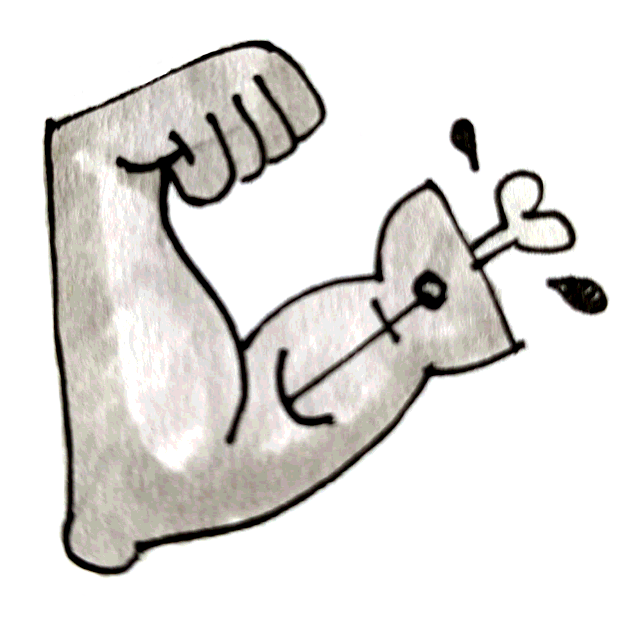In his Jokes and Their Relation to the Unconscious (1905 [1974]), Freud analyses three laughter situations:
- der Witz (often translated “jokes” or “joking”),
- the comic
- humour
In all three, laughter releases nervous energy that was summoned for a psychological task, but then became superfluous as that task was abandoned. In der Witz, that superfluous energy is energy used to repress feelings; in the comic it is energy used to think, and in humour it is the energy of feeling emotions.
I really like the phrase "energy that was summoned for a psychological task, but then became superfluous". For me though, the task is: responding to a violation that then turned out of be benign.
Like Herbert Spencer, Freud see different types of energy being summoned for different situations but for me that energy is all the same, it's fight or flight energy in the form of adrenaline that has been summoned and is now superfluous.
Freud, being Freud, also talks about repression. How jokes can let out the things we tend to repress; sexual feelings or violent feelings and such like.
I think for me the letting go of repression is what we are frightened of, the idea that we let those things out is scary and dangerous (for many reasons) and so the ability for that to happen (or maybe appear to happen) in a safe environment is what makes the violation benign.
It is the tickling of that fear which makes us laugh, not the release of repressed feelings, and therefore despite the laugher I think we remain repressed.
<- Back
